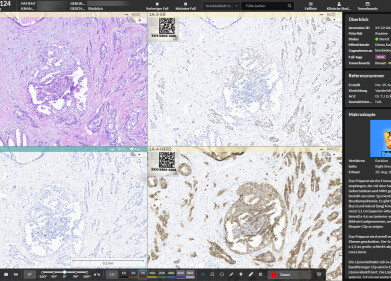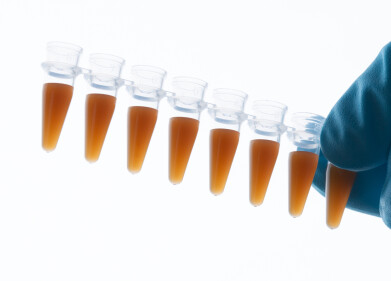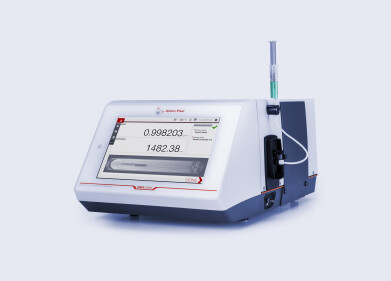Laboratory Products
New Method for Total Mercury Measurement in Sediment Using Direct Mercury Analysis Published
Nov 09 2017
Nippon Instruments Corporation (NIC) is pleased to announce the publication of a new application report describing the measurement of mercury (Hg) in sediment by thermal decomposition using atomic absorption spectroscopy. The method described in the report complies with US EPA Method 7473, Mercury in Solids and Solutions by Thermal Decomposition, Amalgamation, and Atomic Absorption Spectrophotometry.
Mercury in contaminated sediments can result in high levels of significant exposure for aquatic species, wildlife and human populations consuming fish. Sediment mercury can be converted by microorganisms into methylmercury, a highly toxic chemical that builds up in fish, shellfish and animals that consume them. Mercury is dangerous to both natural ecosystems and humans because it is highly toxic, especially due to its ability to damage the central nervous system. To prevent mercury poisoning, or assess the possibility of a contamination problem, it is necessary to accurately quantify total mercury in sediments.
NIC Application Note MA-3A-EN-001, ‘Total Mercury in Sediment Using Direct Mercury Analysis’, includes information about calibration and measurement, and highlights the performance of the NIC MA-3000 direct thermal decomposition mercury analyser.
For the analysis described in the report, calibration was done using certified aqueous ionic-mercury standard solution diluted to the required concentration. Measurement was performed by the MA-3000 analyser, a dedicated direct mercury analyser that selectively measures total mercury by thermal decomposition, gold amalgamation and cold vapour atomic absorption spectroscopy on virtually any sample matrix.
The MA-3000 analyser is designed to provide quick results without an elaborate, time-consuming sample preparation process. The results show that the instrument is able to analyse sediment samples with accuracy and precision.
Digital Edition
International Labmate 49.6 - Sept 2024
September 2024
Chromatography Articles - HPLC gradient validation using non-invasive flowmeters Mass Spectrometry & Spectroscopy Articles - From R&D to QC, making NMR accessible for everyone: Putting NMR...
View all digital editions
Events
Oct 15 2024 Milan, Italy
Oct 17 2024 Dhaka, Bangladesh
Oct 20 2024 Fort Worth, TX, USA
Oct 21 2024 Dalian, China
Oct 30 2024 Birmingham, UK






.jpg)











